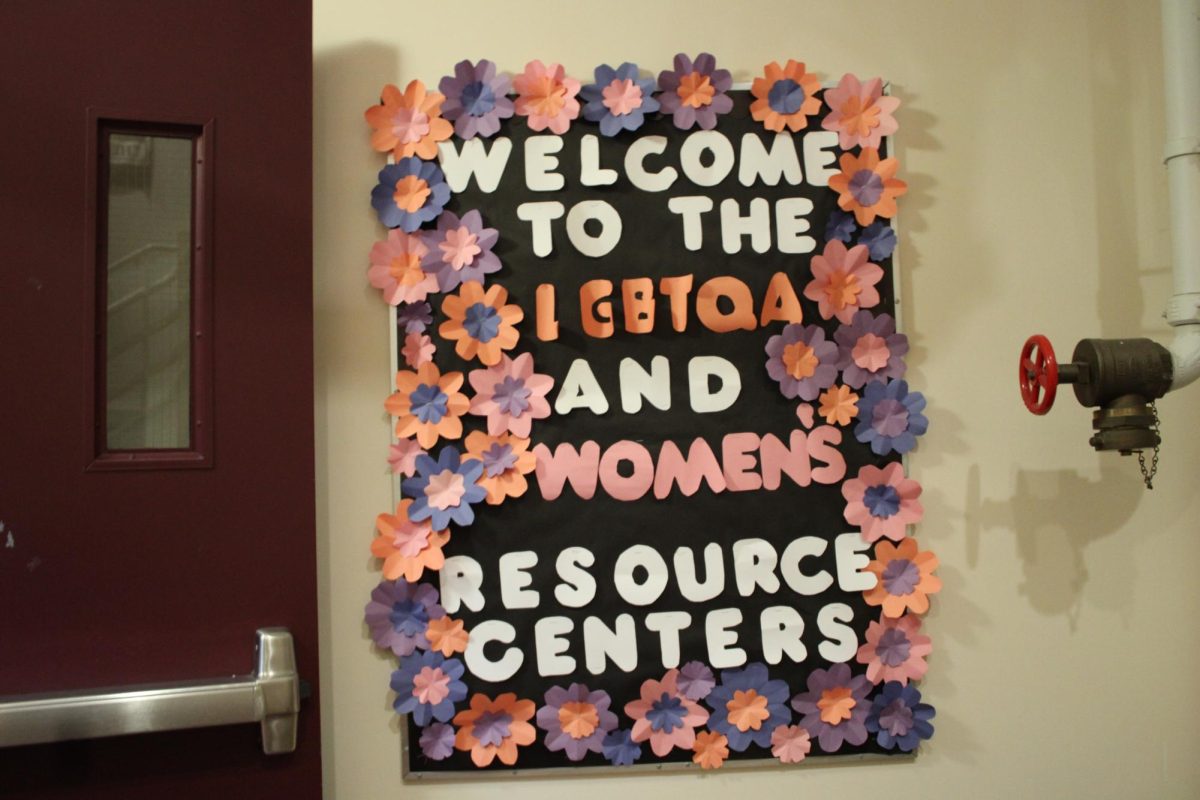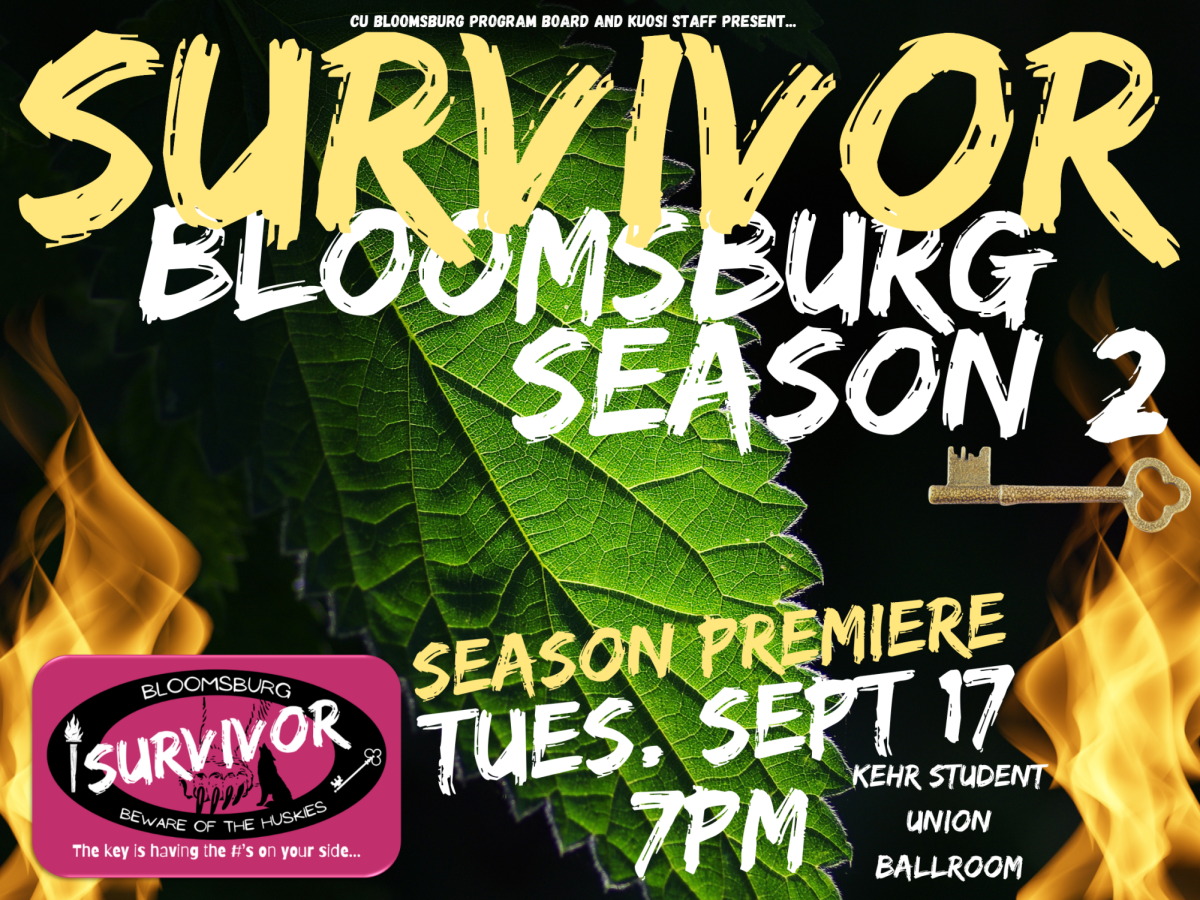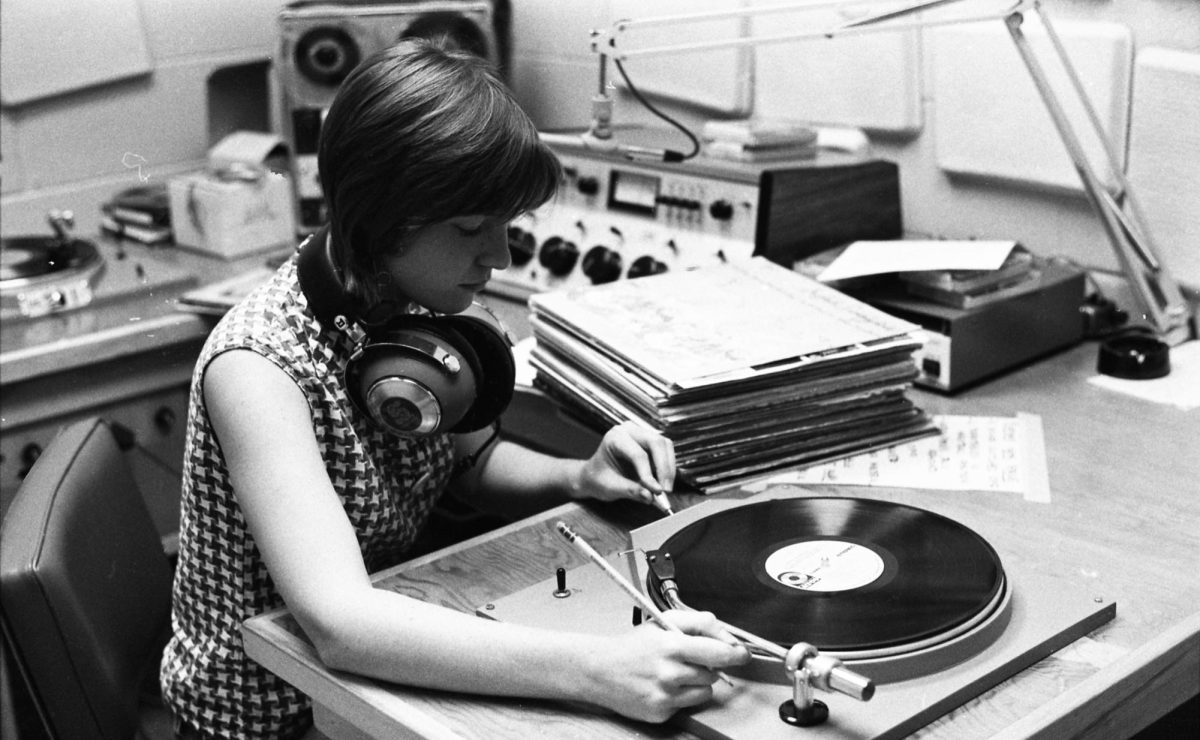Don’t judge a relationship you’re not in
October 31, 2019
Allow me to begin by saying this: no relationship is perfect. The phrase “perfect relationship” could actually be considered an oxymoron if you really think about it.
What two things actually coexist and go together perfectly? Peanut butter and jelly? Maybe, but only if you don’t have a peanut allergy. The sun and moon? I guess, but they never actually hangout with each other. The land and sea? Possibly, but the waves can get pretty physically abusive toward the shore.
The point is, I don’t think there is a perfect relationship that has ever actually existed. If you’re Christian, you can’t even argue that God’s relationship with his creations is perfect because of all the crazy shit He pulled back in the Old Testament days.
If everything I’ve mentioned thus far holds any truth, then how have we as a society come to the conclusion that there is such a thing as a perfect relationship? In short, we can probably blame books and television for giving us unrealistic expectations.
Nevertheless, your relationship is your own. It belongs solely to you and your partner of choice. You can’t let other people tell you how to handle your relationship because its up to you and your partner to decide what works best for you.
Some people can’t handle long distance relationships. If the couple has to break up because the distance causes too much loneliness or stress, that’s their decision. Props to them for being strong enough to try or strong enough to walk away when they realized it wasn’t working out.
Those who can handle long distance shouldn’t be told that their relationship is stronger just because they don’t need physical expressions of love as frequently as other couples might.
On the same token, long distance couples shouldn’t be told that their relationship is any less serious or any more fragile than relationships where the couple sees each other every day. The same could be said for relationships that involve more than two people.
Relationships are all about subjectivity and personal preferences. What works for one relationship isn’t always what works well for another.
If you judged someone for not adding meatballs to their spaghetti, you’d feel like a jerk after finding out that they are a vegetarian.
In other words, you aren’t partaking in the consumption of that meal so keep your judgements of it to yourself. As long as both parties are happy and satisfied in their relationship then it shouldn’t be judged by outsiders.
If you ask for the opinions of friends, co-workers, family members, etc. you aren’t always going to like what they have to say about your relationship.
But if you are feeling down about your relationship, sometimes it might be helpful for you to get a second opinion from people who care about your well-being because it might help validate the concerns you have.
Unfortunately, this might unintentionally open the door for these people in your life to start making unsolicited comments and opinions about your relationship.
Just remember, at the end of the day it’s only up to you and your partner whether or not the relationship is worth continuing through all the ups and downs.
Live up to your own expectations because everyone’s ideas of perfection are always going to be different and ever-changing.
Anna is a senior English major and is the Op/Ed Editor for The Voice.
























